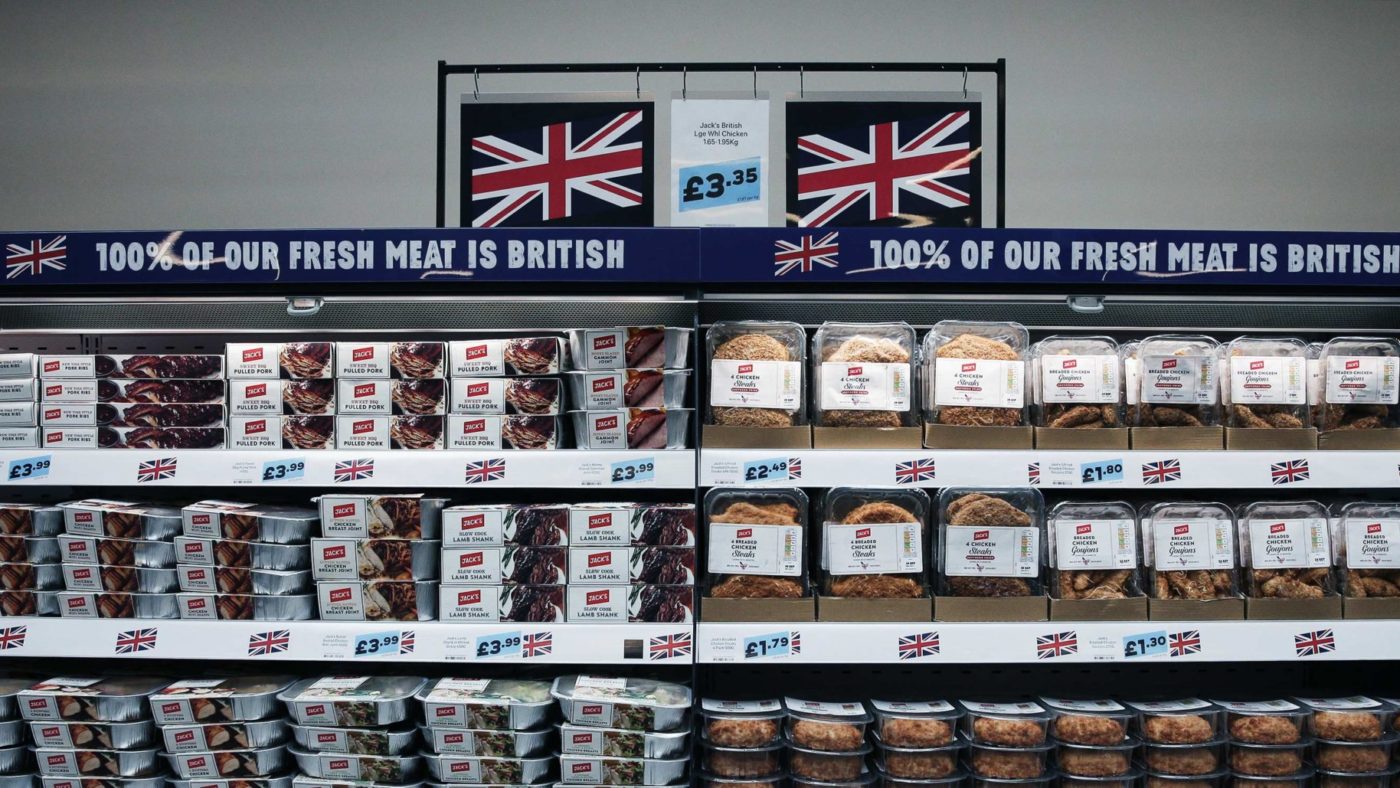During the UK’s referendum on EU membership in 2016, market liberals were divided over the extent to which the EU embodied free trade. Many clung to the belief that when Britain joined the then European Economic Community (EEC) in 1973, it had joined a free trade area. However, as political and economic integration increased, it became ever more obvious that the UK had joined something much more than simply a ‘Common Market’.
In terms of international trade, it would be more correct to say we joined a Customs Union. In a free trade area, countries agree to remove tariffs and quotas on goods sold between themselves, but can set their own external tariffs with countries outside the agreement. In contrast, with a customs union – such as the EU – all member states agree to the same external tariffs with third countries, i.e. those that are not members. While the UK was a member of the EU’s customs union, it could argue for lower tariffs (taxes on imports) from outside the EU, but could not unilaterally reduce them.
Nevertheless, some market liberals saw political integration as a price worth paying to maintain membership of the EU and its Customs Union, fearing that leaving the EU might lead to trade barriers and protectionism.
However, other market liberals saw leaving the EU as an opportunity to escape EU protectionism and to diverge from the EU’s Common External Tariff (EU CET) under which only 47% of the UK’s trade with the rest of the world is tariff-free.
The new UK Global Tariff (UKGT) announced yesterday provides some hope since it reduces or eliminates a number of EU tariffs, leading to 60% of UK trade being tariff-free. According to Sky News, “an extra £62bn of trade would be tariff-free altogether, around half of which is finished goods and £30bn is for products used in manufacturing supply chains”. This figure should increase further as the UK signs more trade agreements with other countries.
Of course, many market liberals would have liked to see the Government go further, opening up more sectors unilaterally, i.e. opening our markets without demanding reciprocal access. The fact that it did not do so is partly due to the political economy of international trade, which often leads to dispersed gains and concentrated losses.
This is a challenge for any government seeking to reduce protectionism and open its markets. Last year, a BBC Economics editor gleefully told me that if the UK adopted a policy of unilateral free trade, he couldn’t wait to interview farmers and workers from other industries protesting against cheaper imports. This was when reports suggested the Government was considering scrapping up to 90% of tariffs on imported goods.
The Government has attempted to strike a balance and appease some of the potential losers to more open trade by announcing in its press release that it would be “backing UK industry by maintaining tariffs on agricultural products such as lamb, beef, and poultry…a 10% tariff on cars … [and] tariffs for the vast majority of ceramic products”.
But there is another reason for keeping some tariffs for now, which is to provide ammunition for UK trade negotiators in their talks with the EU, the US and other countries.
In one of my first meetings of the European Parliament’s International Trade Committee, I recall being scolded by an EU trade negotiator after I suggested that the EU should unilaterally drop import tariffs on agricultural products to encourage imports and create jobs in developing countries. He warned me that this would lead to the EU losing its bargaining chips for trade negotiations. Dr Rebecca Harding, co-author of The Weaponization of Trade: the Great Unbalancing of Policy and Economics, believes the UK government is aiming to “create a system whereby we can use agriculture as a bargaining chip”.
So, while classical liberals and free traders will not be entirely satisfied with yesterday’s announcements, as the US and the EU appear to be heading in a more protectionist direction it is refreshing to see the UK government firmly making the case for freer trade.
Click here to subscribe to our daily briefing – the best pieces from CapX and across the web.
CapX depends on the generosity of its readers. If you value what we do, please consider making a donation.


